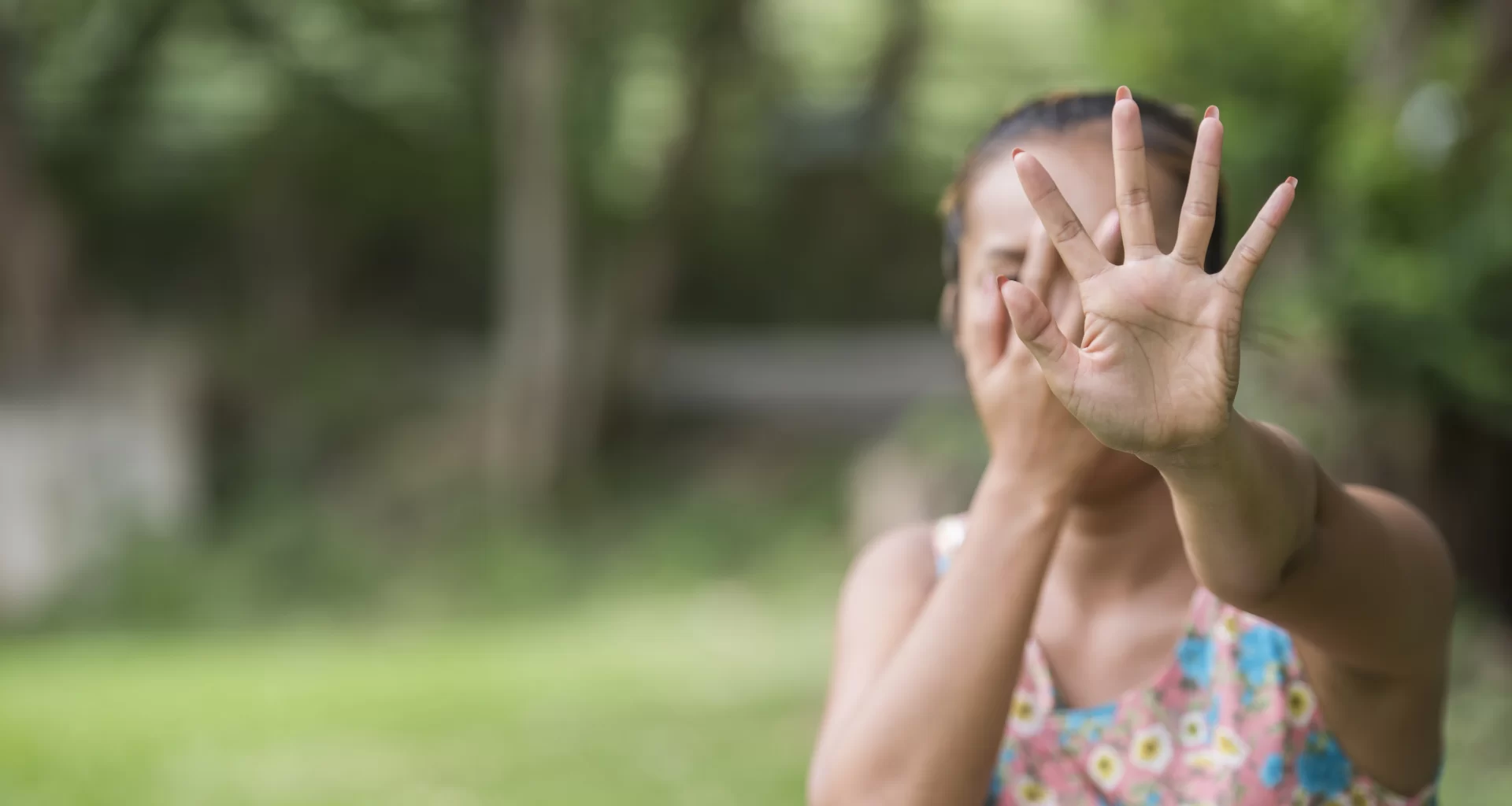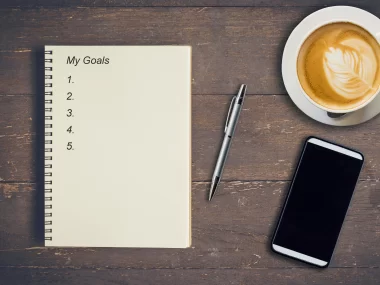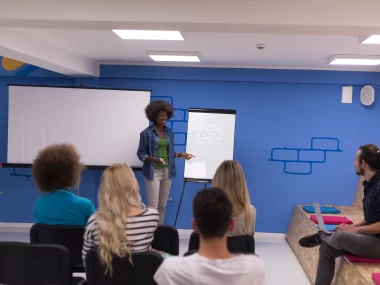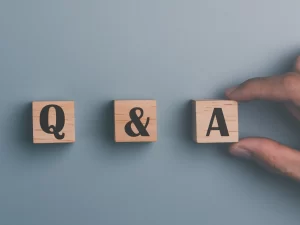Developing a sense of self is a profound journey of self-discovery and personal growth. As someone who has navigated the complex terrain of self-exploration, I can attest to the transformative power of this process. In this comprehensive guide, I’ll share 15 powerful strategies for developing a sense of self, drawing from my personal experiences and professional insights as a personal development advocate and lifestyle enthusiast.
You may be interested in transformative benefits for personal growth
Self-Reflection: The Foundation of Developing a Sense of Self
The cornerstone of developing a sense of self is consistent self-reflection. This practice involves:
- Regular journaling to explore thoughts and emotions
- Asking yourself probing questions about your values and beliefs
- Reflecting on your reactions to various life situations
I’ve found that dedicating time each day for self-reflection has been crucial in my journey of self-discovery.
Mindfulness Meditation for Developing a Sense of Self
Mindfulness meditation is a powerful tool for developing a sense of self. It helps you:
- Become more aware of your thoughts and emotions
- Develop a non-judgmental attitude towards yourself
- Cultivate present-moment awareness
Through regular meditation practice, I’ve gained deeper insights into my inner world and developed a stronger sense of self.
Exploring Your Values in Developing a Sense of Self
Understanding your core values is essential in developing a sense of self. Consider:
- Making a list of things that are important to you
- Reflecting on times when you felt most fulfilled
- Identifying the principles that guide your decisions
Clarifying my values has been instrumental in shaping my identity and guiding my life choices.
Embracing Your Strengths in Developing a Sense of Self
Recognizing and embracing your strengths is crucial for developing a sense of self. Try:
- Taking strength assessment tests
- Reflecting on compliments you’ve received
- Identifying activities that make you feel energized
Focusing on my strengths has boosted my confidence and helped me define my unique identity.
Accepting Your Limitations in Developing a Sense of Self
Equally important in developing a sense of self is acknowledging and accepting your limitations. This involves:
- Identifying areas where you struggle
- Practicing self-compassion when facing challenges
- Viewing limitations as opportunities for growth
Accepting my limitations has paradoxically strengthened my sense of self and reduced self-criticism.
Exploring Different Roles in Developing a Sense of Self
Our sense of self is often tied to the various roles we play in life. Explore:
- Your roles in family, work, and social contexts
- How these roles align with your values and aspirations
- Ways to integrate different aspects of yourself across roles
Understanding my various roles has helped me develop a more holistic sense of self.
Seeking Feedback in Developing a Sense of Self
External feedback can provide valuable insights in developing a sense of self. Consider:
- Asking trusted friends and family for honest feedback
- Seeking professional assessments or coaching
- Reflecting on how others’ perceptions align with your self-view
While it’s important not to base your entire self-concept on others’ opinions, I’ve found that thoughtful feedback can illuminate blind spots and areas for growth.
Challenging Limiting Beliefs in Developing a Sense of Self
Identifying and challenging limiting beliefs is crucial in developing a sense of self. Try:
- Noticing negative self-talk patterns
- Questioning the validity of these beliefs
- Replacing limiting beliefs with empowering ones
Overcoming limiting beliefs has been transformative in my personal growth journey.
Exploring New Experiences in Developing a Sense of Self
Stepping out of your comfort zone and trying new experiences can significantly aid in developing a sense of self. Consider:
- Traveling to new places
- Learning a new skill or hobby
- Engaging with different cultures and perspectives
My own travels and new experiences have broadened my horizons and deepened my understanding of myself.
Cultivating Authenticity in Developing a Sense of Self
Being true to yourself is essential in developing a sense of self. Practice:
- Expressing your genuine thoughts and feelings
- Making choices aligned with your values
- Resisting the urge to conform to others’ expectations
Embracing authenticity has led to more fulfilling relationships and a stronger sense of self.
Developing Emotional Intelligence in Developing a Sense of Self
Emotional intelligence plays a crucial role in developing a sense of self. Focus on:
- Recognizing and naming your emotions
- Understanding the triggers for different emotional states
- Developing healthy ways to express and manage emotions
Enhancing my emotional intelligence has significantly improved my self-awareness and relationships.
Exploring Your Passions in Developing a Sense of Self
Identifying and pursuing your passions is a powerful way of developing a sense of self. Try:
- Reflecting on activities that bring you joy and fulfillment
- Experimenting with different interests
- Dedicating time to pursue your passions
Exploring my passions has helped me understand what truly matters to me and shaped my identity.
Setting and Pursuing Goals in Developing a Sense of Self
Goal-setting and achievement play a significant role in developing a sense of self. Consider:
- Setting both short-term and long-term goals
- Aligning your goals with your values and passions
- Celebrating your progress and achievements
The process of setting and working towards goals has strengthened my sense of purpose and identity.
Practicing Self-Care in Developing a Sense of Self
Self-care is crucial in developing a sense of self. Prioritize:
- Physical health through exercise and nutrition
- Mental health through relaxation and stress management
- Emotional health through nurturing relationships and hobbies
Consistent self-care has helped me maintain a strong and resilient sense of self.
Embracing Change in Developing a Sense of Self
Finally, embracing change is essential in developing a sense of self. Practice:
- Viewing change as an opportunity for growth
- Adapting your self-concept as you evolve
- Remaining open to new aspects of yourself
Embracing change has allowed me to continually develop and refine my sense of self throughout life’s journey.
Developing a sense of self is a lifelong journey of exploration, growth, and self-discovery. By implementing these 15 powerful strategies, you can embark on a transformative path towards a stronger, more authentic sense of self. Remember, this process is deeply personal and unique to each individual.
As someone who has walked this path, I can attest to the profound impact of sense of self has had on my life. It has led to greater self-confidence, more fulfilling relationships, and a deeper sense of purpose and direction.
Embrace this journey with patience, curiosity, and self-compassion. Your sense of self will continue to evolve and deepen throughout your life. Celebrate each insight and milestone along the way, and remember that the process itself is just as valuable as the destination.
Frequently Asked Questions:
-
Q: How long does it typically take to develop a strong sense of self?
A: Developing a sense of self is a lifelong process, but significant progress can be made in a matter of months with consistent effort. However, it’s important to remember that our sense of self continues to evolve throughout our lives.
-
Q: Can traumatic experiences affect the process of developing a sense of self?
A: Yes, traumatic experiences can significantly impact one’s sense of self. In such cases, professional support from a therapist or counselor can be beneficial in the journey of self-discovery and healing.
-
Q: Is it normal for my sense of self to change over time?
A: Absolutely. Our sense of self naturally evolves as we grow, gain new experiences, and face different life stages. Embracing this change is part of the ongoing process of self-development.
-
Q: How can I maintain my sense of self in challenging relationships or environments?
A: Maintaining strong boundaries, regularly practicing self-reflection, and staying connected to your values can help preserve your sense of self in challenging situations. It’s also important to seek supportive relationships and environments that respect your authentic self.
-
Q: Can developing a stronger sense of self improve my relationships with others?
A: Yes, a stronger sense of self often leads to more authentic and fulfilling relationships. When you understand and accept yourself, you’re better equipped to communicate your needs, set healthy boundaries, and connect genuinely with others.






